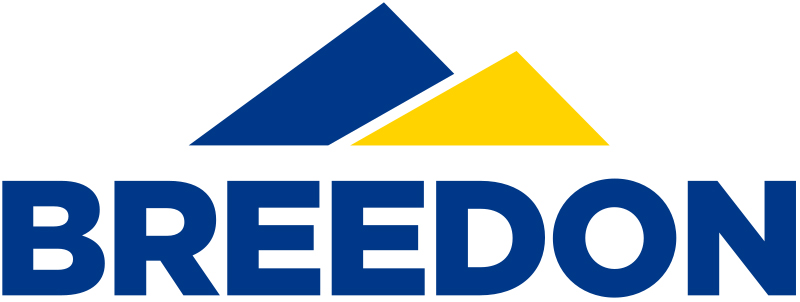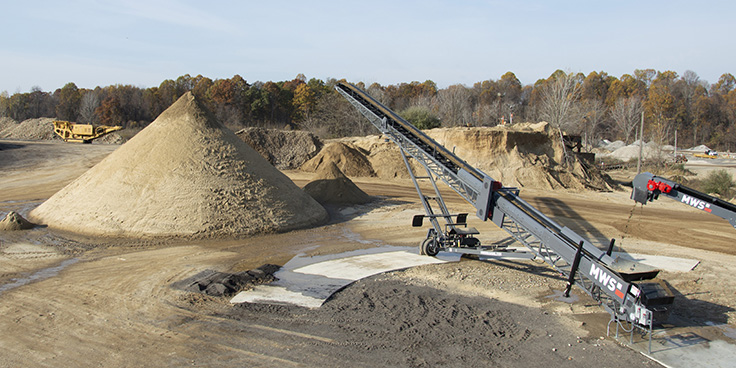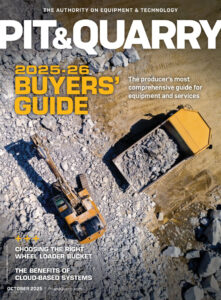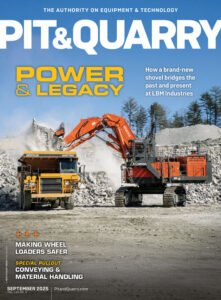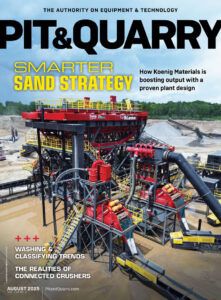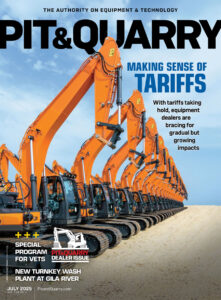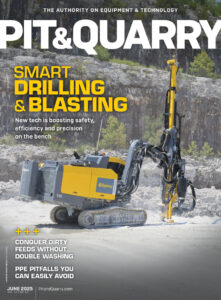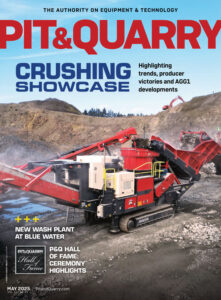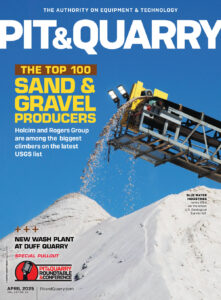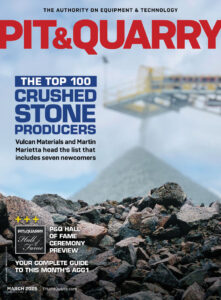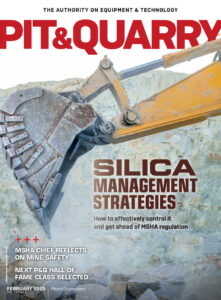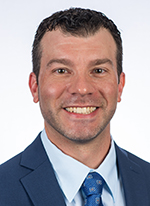
Another generation of industry “gray hairs” is on the verge of retiring. An exorbitant amount of operational knowledge will be lost when they ultimately step away.
No one is immune from this pain. Producers, manufacturers and dealers have experienced it for years, with many expecting the pain to intensify sooner than later.
Unfortunately, there’s no silver bullet to this problem. Companies are reacting, though.
Metso’s Jeremy Polcyn, whom I interviewed for a Pit & Quarry Hall of Fame profile on 2025 inductee Edgar B. Symons, recently shared how one mining company is in such a bind that it’s bringing back retirees on a consulting basis. Additionally, Polcyn says some producers are turning to tried-and-true equipment like the century-old Symons cone crusher to address labor shortages and other dilemmas.
“There’s still a push for having fewer pieces of equipment on-site,” Polcyn says. “When you look at the MP line, for instance, with an MP800 versus a Symons 7-ft. [model], you can do about 60 percent more production with the MP so you can reduce the quantity of machines on the flow sheet. But they’re more sensitive. If you’re going to run two MP800s versus four Symons 7-fts., you can maintain production if you lose a Symons.
“The Symons is kind of a bronco,” Polcyn adds. “Set it and forget it.”
Manufacturers, for one, are doing their part to simplify operations for producers while upholding a high level of safety. Predictive maintenance solutions, for example, allow producers to be more efficient with their personnel to keep equipment up and running longer.
Kristin Sweeney, director of operations and engineering at US Aggregates, shared a great example involving bearings that illustrates technology’s value during a panel discussion at the 2025 Pit & Quarry Roundtable & Conference.
Other approaches
Still, what about the basics and building up the next generation of operations personnel? Some industry companies are aiming to address this root cause.
Superior Industries, for example, launched an e-learning platform that features 60 courses on topics such as crushing, screening, washing and conveying. The company plans to expand its OptimizeU platform with 50 new sessions each year to help operators enhance their technical skills and master best practices.
Education, of course, can be delivered in a variety of forms – podcasting, for instance. McLanahan Corp. recently ventured into podcasting with a show featuring guests who discuss material processing topics.
The Pit & Quarry University Handbook, which publishes this November, will be yet another resource to prepare the next generation of personnel. The magazine presents another excerpt from the forthcoming handbook this month, putting the spotlight on industry safety.
Featured image: izusek/E+/Getty Images
Related: Conveying & Material Handling | P&Q University Handbook


